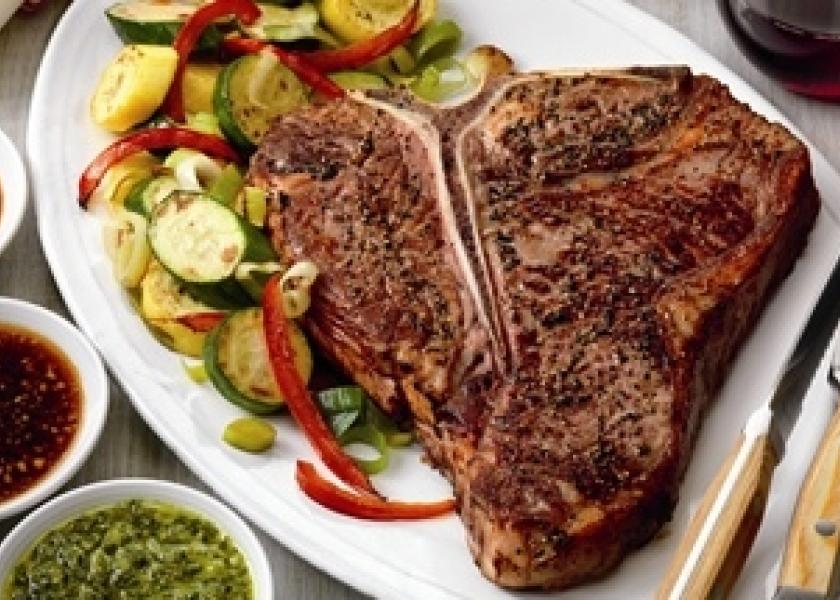Closing the Gate: Dietary Guidelines: Against The Science

Last month, the Dietary Guidelines Advisory Committee (DGAC) issued its every-five-year attempt at encouraging Americans to eat a healthful diet. While it’s logical healthy people make for a healthy country, how best to encourage people to eat healthier remains controversial and politically-charged.
For instance, the DGAC report says the U.S. should “align nutritional and agricultural policies with Dietary Guidelines recommendations and make broad policy changes to transform the food system so as to promote population health, including the use of economic and taxing policies to encourage the production and consumption of healthy foods and to reduce unhealthy foods.”
You read that right. They want to “earmark tax revenues from sugar-sweetened beverages, snack foods and desserts high in calories, added sugars or sodium, and other less healthy foods for nutrition education initiatives and obesity prevention programs.”
Red meat also fell onto the committee’s chopping block. The guidelines suggest a diet lower in red and processed meat, though in a footnote, the report says lean meats can be a part of a healthy diet. North American Meat Institute CEO Barry Carpenter said the health benefits of lean meat should be “a headline, not a footnote.”
But that was far from the only contradiction in the 571-page report. The New York Times noted previous guidelines called on the reduction of fat and cholesterol in our diets, yet this year the committee walked back on that advice.
“In clearing our plates of meat, eggs and cheese (fat and protein), we ate more grains, pasta and starchy vegetables (carbohydrates),” The Times said in an editorial. “Over the past 50 years, we cut fat intake by 25% and increased carbohydrates by more than 30%. Yet science has increasingly shown a high-carb diet rich in sugar and refined grains increases the risk of obesity, diabetes and heart disease—much more so than a diet high in fat and cholesterol.”
Texas doctor and cattle producer Richard Thorpe called it “absurd” for the advisory committee to suggest an even greater emphasis on plant-based diets.
“The American diet is already 70% plant based, and to further emphasize plant-based diets will continue to have unintended consequences,” Thorpe says. “The advisory committee got it wrong in the ‘80s advising a diet high in carbs and look what it got us—an obesity problem.”
Wandering even more, the DGAC said a plant-based diet “is associated with less environmental impact,” a claim Thorpe highly disputes. That DGAC would overstep their expertise of nutrition and health research to bring in topics such as sustainability is disappointing, he says.
Dietitians and health professionals insist lean meat plays an important role in a healthy diet. Ag Secretary Tom Vilsack should order DGAC back to work on new recommendations that do not ignore scientific evidence.








